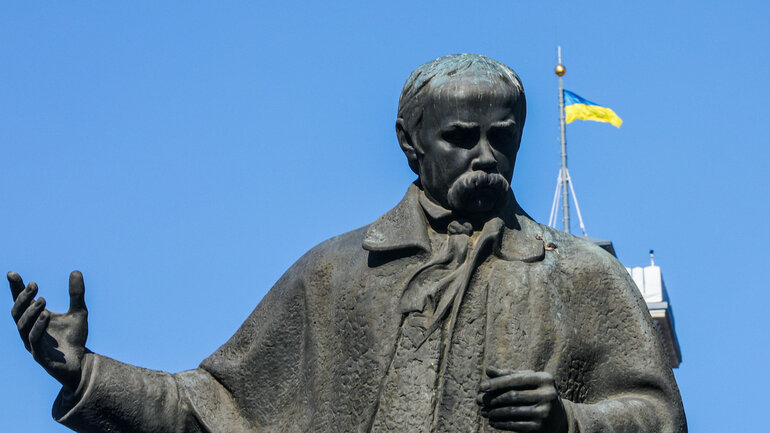Ukraine’s Cultural Alignment With the West

In the context of a war that has been going on for more than four months, Ukraine’s current attention on books, the literary market, and cultural relationships with other countries might seem astonishing to Western observers. Nevertheless, prioritising stricter regulation of the cultural sphere in times of war is consistent with the Ukrainian tradition of considering literature a key element of public life. A June 2022 law that forbids the import of books from Russia, Belarus, and Ukraine’s occupied territories is a significant step forward in the process of consolidating the Ukrainian literary market, which has been one of the most tangible results of the cultural shift initiated by the 2014 Revolution of Dignity.
Ukrainian culture before and after 2014: overcoming colonial status
At least until 2014, Russian books traditionally occupied a significant part of available shelf space in Ukrainian bookshops. This was partly a result of the poor performance of Ukraine’s own book production, which was haunted by the lack of resources and investment inherited from the 1990s, and was a hindrance to the country’s domestic literary market, whose modernisation was not seen as a primary concern. Ukraine’s dependence on Russian sources or translations also affected Ukrainian scientific publications, which often contained abundant quotations of and references to Russian and Russian-languages books and articles.
This reliance on Russian publications was a demonstration of the persistence of a colonial relationship between the two countries and cultures. That may explain why liberation from Russia’s overwhelming presence in the Ukrainian cultural sphere is seen as an urgent task for Ukraine in the context of the ongoing war.
After 2014, with Ukraine decidedly embracing a path of Westernisation, the importance of Russian cultural products for Ukrainian readers has started to decline. A combination of institutional support and legislative acts aimed at diminishing Russia’s dominance in the Ukrainian book market has led to a significant increase in books published in Ukraine, including translations and textbooks. This trend has also helped strengthen the Ukrainian language as an instrument of public communication for Ukrainians, regardless of their preferred language for private communication.
The June 2022 law makes provisions for increased institutional support for bookshops, a remarkable choice during a war. Yet, the economic advantages of supporting Ukrainian book production and distribution are an obvious addition to the ideological reasons behind the exclusion of Russian items from the Ukrainian literary market.
The decision to ban books from Russia and Belarus – or, rather, their sale – in Ukraine is thus consistent with a general strengthening of a national concept of Ukrainian culture and its circulation. A parallel project to temporarily exclude Russian literature from school curricula in favour of Western literature and provide institutional support for the Ukrainian language in the public sphere is part of the same aim to make Ukraine more Western.
Reactions and misunderstandings
Ukraine’s approach to publishing, which is clearly motivated by an anticolonial position, may run the risk of generating accusations of nationalism; but this ignores the fact that most Western nations have cultural goods produced in their own country or adapted from foreign sources for a local readership. One of the paradoxes of the significant shrinking of Russia’s cultural presence in Ukraine today is that the main reason behind it is Russia’s aggression. Before 2014, the border between the two countries was extremely porous and Russian culture in Ukraine was a normal presence, and was possibly – if paradoxically – less marked than the presence of Ukrainian culture. But the annexation of Crimea and the war in Ukraine’s eastern Donbas region have understandably prompted the Ukrainian authorities and cultural industry to distance themselves from their neighbour.
Interestingly, the inclusion in the legislation of books from Belarus has led to discussions on social media between Ukrainian and Belarusian intellectuals: the latter fear that a ban on books published in Belarus would hamper dialogue between the two countries. Collaboration between Ukrainian and opposition Belarusian writers flourished after the 2020 Belarusian protests, but there has been a general deterioration of Ukrainian-Belarusian relations since Russia’s invasion of Ukraine began on 24 February 2022. However, it should be noted that the June 2022 law allows the import into Ukraine of up to 10 copies of Russian and Belarusian books per person for non-commercial use.
In sum, what is happening in Ukraine is basically a process of cultural normalisation, although it is made more dramatic and, thus, more baffling to some by the speed and uncertainty of the ongoing war.
Alessandro Achilli is a senior assistant professor of Slavic studies at the University of Cagliari, Italy.